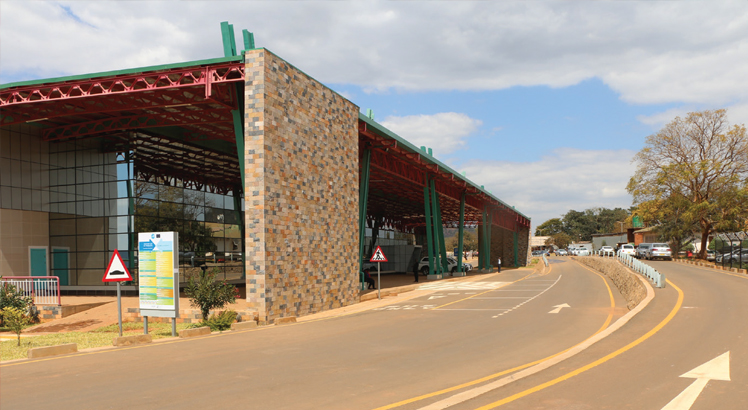Trade restrictions undermining growth—World Bank
The trade and industrial policies the government set up to boost exports are undermining the country’s capacity to leverage exports and trade as a catalyst for economic growth, a World Bank report shows.
In its 2023 issue of the Country Economic Memorandum, the Bretton-Woods institution shows that the import restrictions, export licences and export permits implemented by the government run counter to its aspirations to promote export-led growth as enshrined export promotion strategies.

The second iteration of the National Export Strategy (NES II) lists raising traditional exports by 25 percent, non-traditional exports by 50 percent, reaching 125 marks and attracting 20 new firms to enter the export market annually.
But the World Bank says the import restrictions imposed by the government affects the affordability of some essential goods required by the poor. The restrictions also affect the business operations of some companies.
It reads: “They also reduce access to crucial inputs for the private sector, exacerbating the challenges faced by businesses, while domestic procurement for inputs remains limited and insufficient for meeting the demands of the market.”

The report further notes that export licences and permits discourage investors from coming into the country while new restrictions requiring tobacco exporters to use registered and/or bonded warehouses introduce delays and increased costs for the private sector.
It further observes: “Such procedures often have unintended consequences, such as driving more firms toward informality and smuggling, and facilitating the emergence of illicit trade flows.”
Malawi Investment and Trade Centre (Mitc) chief executive officer Paul Kwengwere acknowledged that his organisation recommended that the government should expedite the development of one stop posts to mitigate the challenges faced by exporters.
Mitc is a key implementing partner in Malawi’s export development and trade facilitation initiatives. It is mandated to attract foreign direct investment and create a conducive environment for local exporters.
In a telephone interview, Kwengwere said: “The problem with the existing set-up is that an exporter has to go through so many offices to export one product.
“If we can bring all the key offices—Malawi Revenue Authority, Reserve Bank of Malawi and Ministry of Trade—under one roof and processing the forms and documents under one roof, then this would make it faster and simpler for local exporters.”
Officials from the Ministry of Trade and Industry were not readily available for comment, but Ministry of Trade and Industry Sosten Gwengwe said the government would target trade to boost local exports.
He said: “The Ministry will strive to improve trade in the country as a way for boosting growth. We are exploring ways to make things easier for our exporters because we know that we can never develop if we prioritise consumption over production.”






One Comment